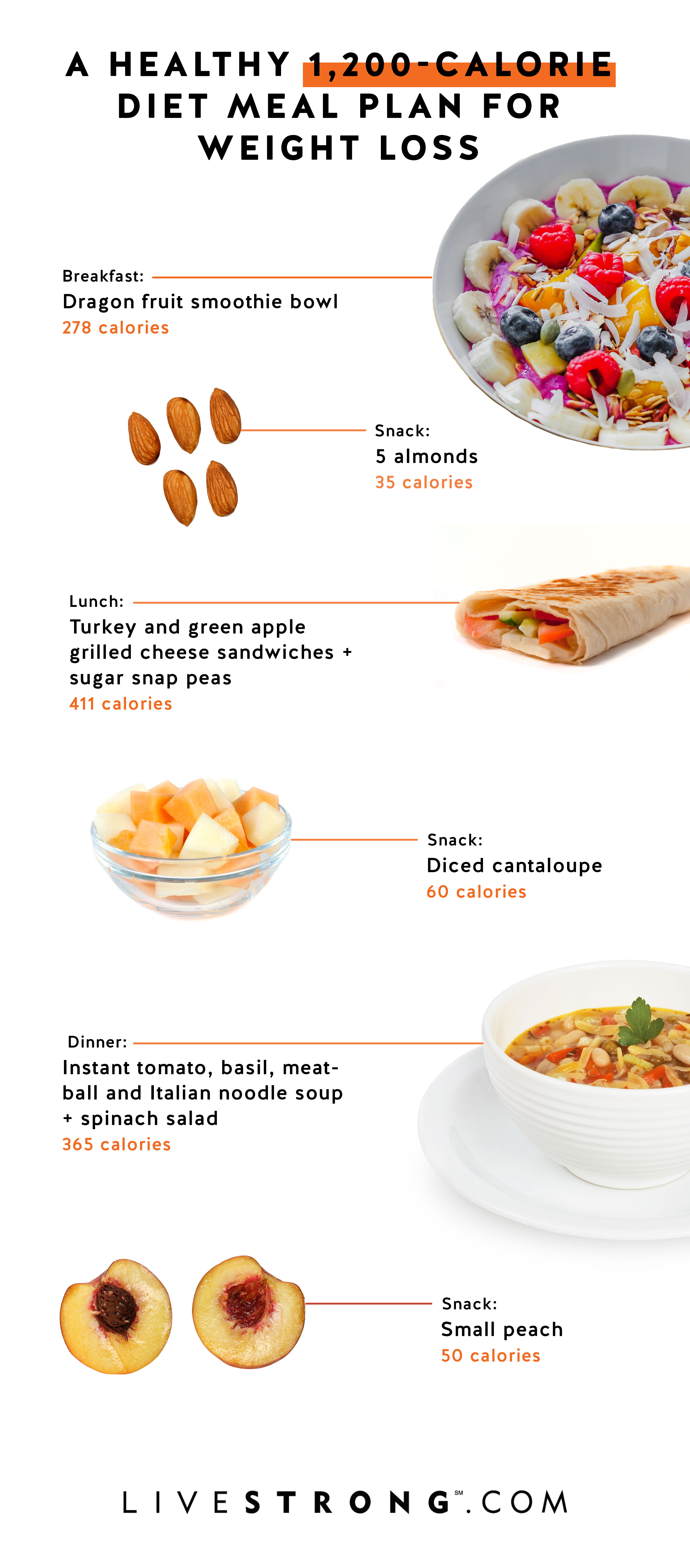As for losing weight as well as overall health, maintaining hydration often takes a back seat during conversations regarding diet. Yet, ensuring proper hydration is essential for anyone embarking on a dietary journey. Comprehending the various types of diets available can greatly enhance your ability to choose the right one for your individual goals and lifestyle. From trendy options such as the Keto Diet as well as Paleo through time-honored favorites like the Mediterranean Diet, all offer distinct methods for nutrition and weight control.
This article will explore various diets, highlighting their benefits and drawbacks. If you are new to this and seeking advice or someone who wants to refine their current eating habits, this detailed guide will help you make informed decisions. We'll examine popular and effective diets, discuss specific dietary plans for targeted health requirements, and provide guidance on selecting the most appropriate strategy that aligns with your personal preferences as well as lifestyle.

Popular Nutritional Styles
In today's health-aware society, various diet styles have appeared, tailoring to different likes and habits. The ketogenic diet, for instance, highlights low carbohydrate intake, encouraging the body to utilize fat for energy. This diet is well-liked for its rapid results in weight loss but may not suit everyone due to its narrow nature. On the other hand, the Mediterranean diet centers on whole foods, such as wholesome fats, fruits, vegetables, and lean proteins, making it cardiovascular-friendly and viable for the long term.
Another trending choice is intermittent fasting, which centers on timing your meals rather than restricting food types. This diet has attracted attention for its potential benefits on metabolism and weight loss. Each diet type comes with its distinct set of pros and cons, and understanding these can help individuals choose what fits best with their health goals. The flexibility of some diets, like the flexitarian approach, allows for a harmonious intake of both plant and animal foods, appealing to those looking to make gradual changes.
Additionally, specialty diets have found traction, especially among individuals with particular health needs. The gluten-free diet caters to those with celiac disease or gluten sensitivity, while the DASH diet aims at lowering blood pressure through diet. With the proper guidance, individuals can discover a diet type that not only assists their weight loss journey but also improves their overall well-being.
Specialised and Medical Nutrition Plans
Specialty and health nutrition plans are designed to address particular health needs and goals. They are often prescribed by medical professionals to manage particular health conditions or to promote overall health. For instance, the gluten-free diet is crucial for people with celiac disease or gluten sensitivity, as it aids prevent adverse reactions to gluten in wheat and wheat. Similarly, go to these guys -specific diets focus on controlling blood sugar levels through balanced carbohydrate intake, making it important for those with diabetes to adhere to defined dietary guidelines.
A further notable specialty diet is the FODMAP diet, which is intended for individuals suffering from IBS and similar gastrointestinal issues. This diet involves the elimination of fermented oligosaccharides, disaccharides, monosaccharides, and polyols—short-chain carbohydrates that can cause digestive distress. By carefully bringing back these foods, individuals can determine which ones cause their symptoms, leading to better control of their condition.
Additionally, the kidney diet serves as a critical support for individuals with kidney issues, focusing on reducing protein, sodium, and potassium intake to reduce stress on the kidneys. Diabetes diet emphasize the importance of nutrition in controlling chronic health issues, allowing individuals to enhance their quality of life. Using these tailored approaches can lead to better management of health conditions while supporting overall wellness.
Selecting the Ideal Diet
Selecting the ideal nutrition plan is a critical aspect in reaching your health and weight management objectives. To begin, think about your way of life, preferences, and any dietary restrictions you may have. For instance, if you are highly active and need additional calories, a high-protein nutrition plan might fit you successfully. On the contrarily, if you prefer a more plant-based approach, considering flexitarian choices could be beneficial. Each diet type has its distinct features, so grasping what works most effectively for your everyday life is important.
A further important factor to consider is your long-term devotion. Some persons excel on rigid diets like the ketogenic diet or Whole30, while others may find it hard to follow such regimens for an extended period. Long-lasting diets, such as the Mediterranean diet, focus on balance and mixed options, making them easier to sustain in the long term. Assess your ability to stick with certain dietary guidelines and choose a plan that isn’t perceived as a burden.
Lastly, it is wise to seek assistance from health specialists when choosing which nutrition plan is suited to your health requirements. For example, if you have specific medical issues like diabetes or renal problems, such as those managed by diabetic diets, consulting a healthcare provider or nutritionist can offer information tailored to your needs. Integrating personal objectives with healthcare tips will make certain that the nutrition plan you select is both successful and safe for you.
